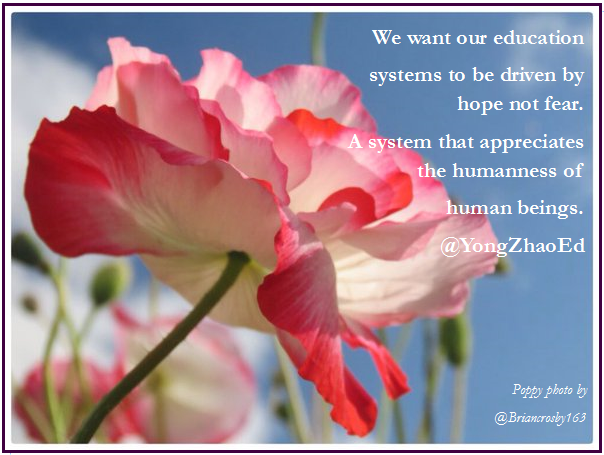
Facing a Perfect Storm
At the start of every Monday morning at The Spinney, we come together for a whole team briefing. We prepare for the visits and visitors, events and activities in the week ahead as well as reflect on the ideas, knowledge and learning of the previous week which we incorporate into our curriculum and pedagogic offer to help us to keep moving forward.
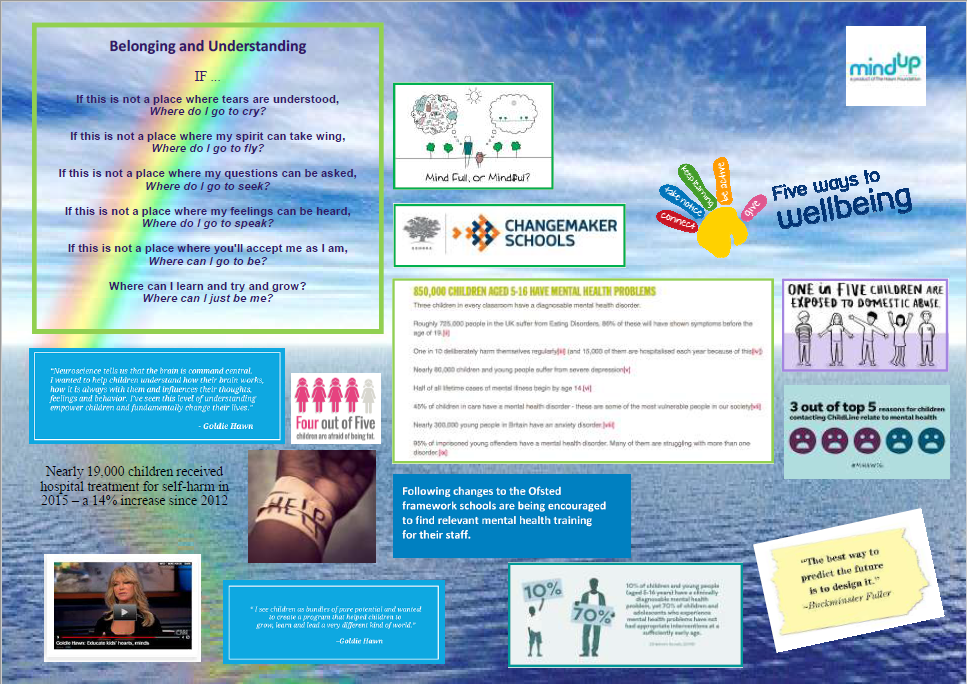
Last Monday, to build on the fabulous training we had with Mind Up, we thought about the worrying trend in children and young people’s mental health and some perturbing statistics!
On 16th January an Institute for Public Policy Research report was published which stated that three children in every class have a clinically diagnosable mental health condition; 90% of headteachers have reported an increase in mental health problems among pupils over the last five years, and over the same period, hospital admissions for self-harm among the under-18s are up 50%.
The report says, “Nowhere is the crisis in children and young people’s mental health felt more acutely than in our secondary schools, which increasingly find themselves on the frontline. This report examines why schools are facing a ‘perfect storm’, and makes the case for putting secondary schools at the heart of early intervention provision for children and young people with emerging, low-level mental health problems.”
The government has promised £1.4bn for mental health services for children and young people up to 2020, and there is a plan for more trained counsellors to be based in schools.
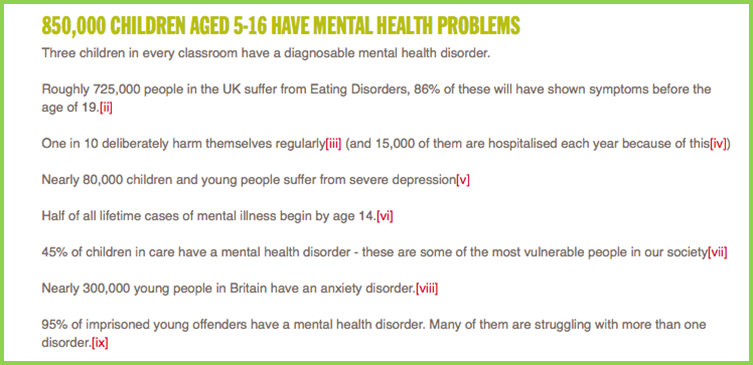
Whilst I have no doubt that many schools will welcome this additional funding I worry that this may not be new money at all, and in fact be re-direct finances that had previously gone to specialists in CAMH.
It seems that schools are increasingly being seen as the panacea for all society’s ills and are continually asked to deliver on all fronts including now mental health!
Schools routinely as part of their curriculum and pastoral offer do all they can to mitigate against bullying, eating disorders, self-harm, drug addiction, stress, but I believe it is unfair to expect schools to do all this alone and promoting good mental well-being should be the responsibility of everyone in the school and wider community .
I also worry about the paradox of this new expectation of our education system. Young people in England are among the most tested in the world, we know that many young people dread the tests, they suffer from performance anxiety, they are concerned about how they will look to their friends and family if they do not secure the predicted grades, they are fearful of how their results will impact on their futures and many young people experience high levels of stress, and in the jurisdictions which this government seems to want to emulate some young people even resort to suicide. Could it be that education rather than being the solution for young people’s mental ill-health is actually part of the problem!
I was interested therefore thanks to a tweet by @beckycarlzon to learn about the campaign More Than A Score UK.
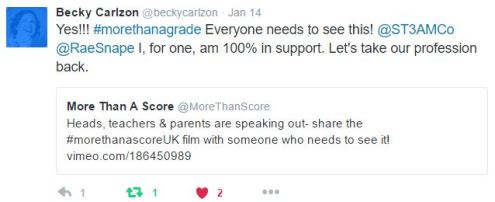
“The chorus of unhappy voices is growing stronger by the day. If we want a truly world class, 21st century education for our children, it’s time the government listened properly both to professionals and to parents.”
More Than a Score is a growing coalition which includes the NUT, BERA, UKLA and CPRT.
Their concerns are that the current assessment system narrows the curriculum, sets unrealistic standards of children, that it does not meet the needs of our children, has a negative impact on children’s self-esteem, well-being and mental health as well as having a negative impact on teacher’s well-being and mental health.
If as the Institute for Public Policy Research report suggests secondary schools are facing a perfect storm, then we really need think carefully about the climate of our classrooms, our schools and our education system. We need to do as much as possible to challenge a paradigm fixated on a narrow view of educational success. We need to consciously and confidently bring happiness and joy into young people’s lives and recognise that if we are the ones that make the weather, that we must bring sunshine rather than rain.
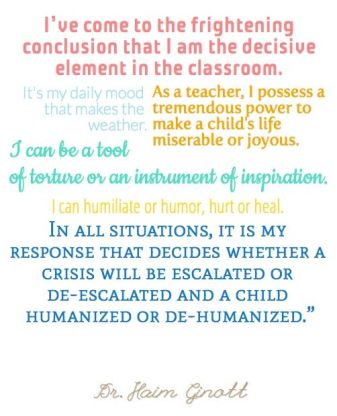
Thanks to @ThatBoyCanTeach for setting the #WeeklyBlogChallenge17








